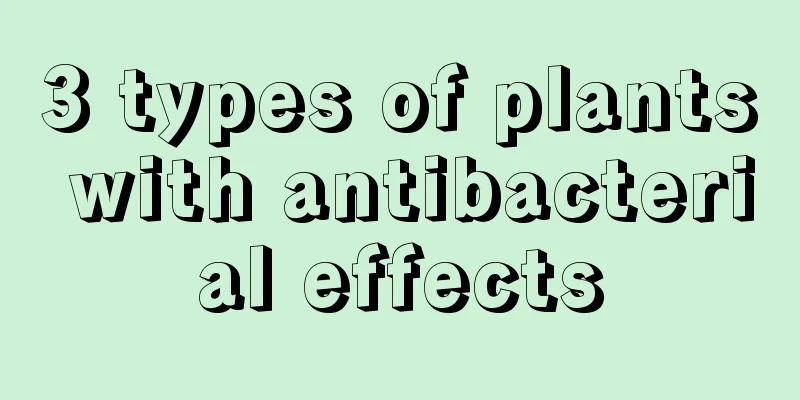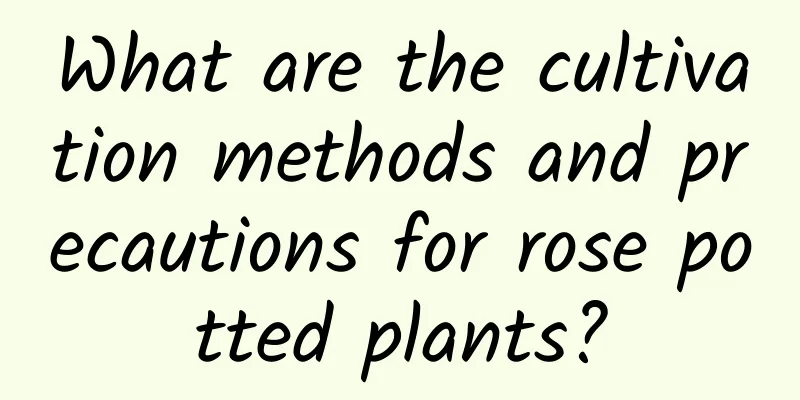3 types of plants with antibacterial effects

|
Plants not only absorb substances through their leaves, but their roots and bacteria in the soil also play an important role in removing harmful substances. The following three types of plants are most suitable for placing indoors. Plants that absorb toxic chemicalsAloe vera, spider plant, tiger tail plant, spider plant, and monstera are natural scavengers that can remove harmful substances from the air. Studies have shown that tiger tail plants and spider plants can absorb more than 80% of harmful gases in the room and have a strong ability to absorb formaldehyde. Aloe vera is also good at absorbing formaldehyde and can absorb 90% of the formaldehyde contained in 1 cubic meter of air. Ivy, cycad, chrysanthemum, kumquat, pomegranate, half-flower, rose, camellia, pomegranate, Milan, daisy, wintersweet, marigold, etc. can effectively remove harmful substances such as sulfur dioxide, chlorine, ether, ethylene, carbon monoxide, and nitrogen peroxide. Orchids, osmanthus, wintersweets, variegated taro, and red-backed osmanthus are natural dust collectors. Their cilia can intercept and absorb floating particles and smoke in the air. Plants that repel mosquitoesAs the weather warms up, plants that can repel mosquitoes have become the focus of attention. Mosquito repellent herb is such a plant. It is an aromatic geranium plant with a modified genetic structure and was introduced from Australia in recent years. The plant is drought-resistant and can grow to maturity within half a year. With proper maintenance, it can live for 10 to 15 years. The shape of its branches and leaves can be changed at will, making it have a high ornamental value. Mosquito repellent vanilla emits a fresh and elegant lemon scent, which has a good mosquito repellent effect indoors, but has no toxic side effects on the human body. The higher the temperature, the more fragrance it emits and the better the mosquito repellent effect. According to tests, a pot of mosquito-repellent herb with a crown width of more than 30 cm can drive away mosquitoes in a room with an area of more than 10 square meters. In addition, a plant called pyrethrum contains pyrethrin, which can also effectively repel mosquitoes. Plants that kill bacteriaThe volatile oils produced by aromatic flowers such as rose, osmanthus, violet, jasmine, lemon, rose, dianthus, lily of the valley, and crape myrtle have significant bactericidal effects. Plants such as crape myrtle, jasmine, and lemon can kill protozoa such as diphtheria and dysentery bacteria within 5 minutes. The fragrance emitted by plants such as roses, carnations, lily of the valley, violets, roses, and osmanthus has a significant inhibitory effect on the growth and reproduction of Mycobacterium tuberculosis, Pneumococcus, and Staphylococcus. |
<<: How to grow egg yolk fruit in a pot
>>: How to grow Clivia in the south
Recommend
How to sow tiger thorn
1. Time Selection The best time to sow Euphorbia ...
How to grow the grass jade dew more plump
1. Lighting: It is a plant that loves light, and ...
Can Hami melon be grown in the south?
Can Hami melon be grown in the south? Hami melon ...
Can durian seeds be planted?
Can durian seeds be planted? Durian seeds can be ...
How to grow mango bonsai
1. Breeding environment 1. Soil: Basically any so...
Four-season maintenance methods of poinsettia
Spring maintenance Timely pruning and repotting A...
Indoor cultivation methods and precautions for Milan
1. Breeding methods 1. Flower soil: It has very h...
Chrysanthemum chrysanthemum planting technology and time
Chinese spinach is not only nutritious and crispy...
What to do if the leaves of Kalanchoe become soft and thin
1. Reasons 1. If we water too much during daily p...
What to do if the flowers wilt?
1. Improper watering Reason: Although the plant i...
Can the aerial roots of Kalanchoe survive when planted in the soil? How to plant aerial roots in the soil?
Kalanchoe has strong vitality, and both branches ...
What to do if all the leaves of azalea turn yellow
Overwatering Excessive watering and long-term ove...
Can azalea be fertilized in winter? Will it fall leaves when the fertilizer is too concentrated?
1. Is it possible to apply fertilizer? After ente...
What to do if the leaves of Tillandsia are dry
1. Causes and measures: 1. Lighting: The cause of...
How to breed Mountain Shadow Fist
Cutting propagation method Select a palm piece th...









